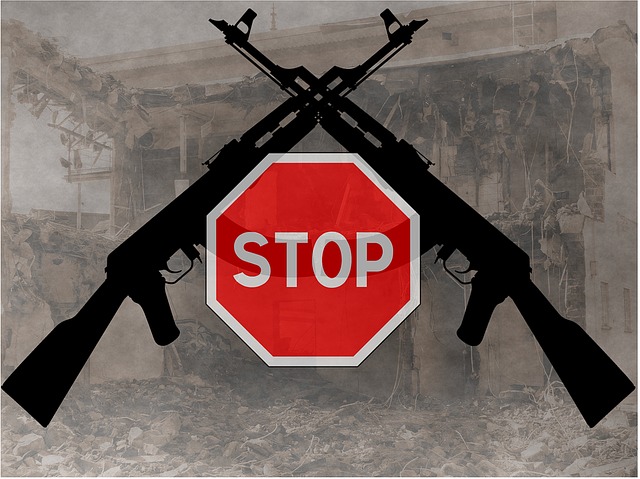National security and migrants
Anti-terrorism laws should not harass genuine migrants
Terrorism is a worldwide issue. How to co-exist in a global world presents all nations with tough issues. It is a challenge to enable freedoms without compromising national security.
What measures should be in place for the safety of a country?
How can countries keep internal vigil?
What should the screening processes entail?
Each country reactions differently depending on how it has been affected by terrorism. The reaction will be based dependent on the level of fear. Tolerance levels will be dependent on the perceived imminent danger.
Can we be responsive rather than reactive?
Changing world
The terrorist attacks in France once again highlighted how much the world has changed, is and continuing to change.
Terrorism is a phenomenon termed the ‘silent killer.’ The perpetrators are merciless. They have a statement to make. They have such conviction in their causes that they are willing to sacrifice their own lives, and it seems that when one cell is closed, another cell opens.
What will make this stop, when will it end?
When will there be a truce or is that an idealistic thought?
Should we just learn how to cope with terrorism?
National security and migrants
New Zealand too has been grappling with such terrorism and the Immigration Act 2009 bestows wide ranging national security powers: the country is equipped to respond should the occasion arise.
However, a recent event regarding national security and migrants raises concern. A Sikh medical student from India was mistakenly thought to be involved in a suspicious act and police were called to question him. The student was put through an ordeal because he “looked suspicious.”
Discrimination threat
This incident depicts the potential pitfalls and the dangers associated with reacting out of fear which can lead to paranoia and have disastrous consequences. It can have a snowball effect, resulting in high levels of discrimination, the maginalisation of our democratic ways and compromise of our freedom of speech and actions.
As a nation we have to be vigilant. Once the scales are tipped because of fear, it would be difficult to get moderation, tolerance and freedom back.
As Elton John said at his Wellington concert:
“This world needs love, hope and faith now than ever before.”
We must not forget humanity; terrorism and the actions of a small group should not dictate our ways of interacting. We belong to a global family and one nation. We dictate our terms of engagement, which should not be based on fear!



